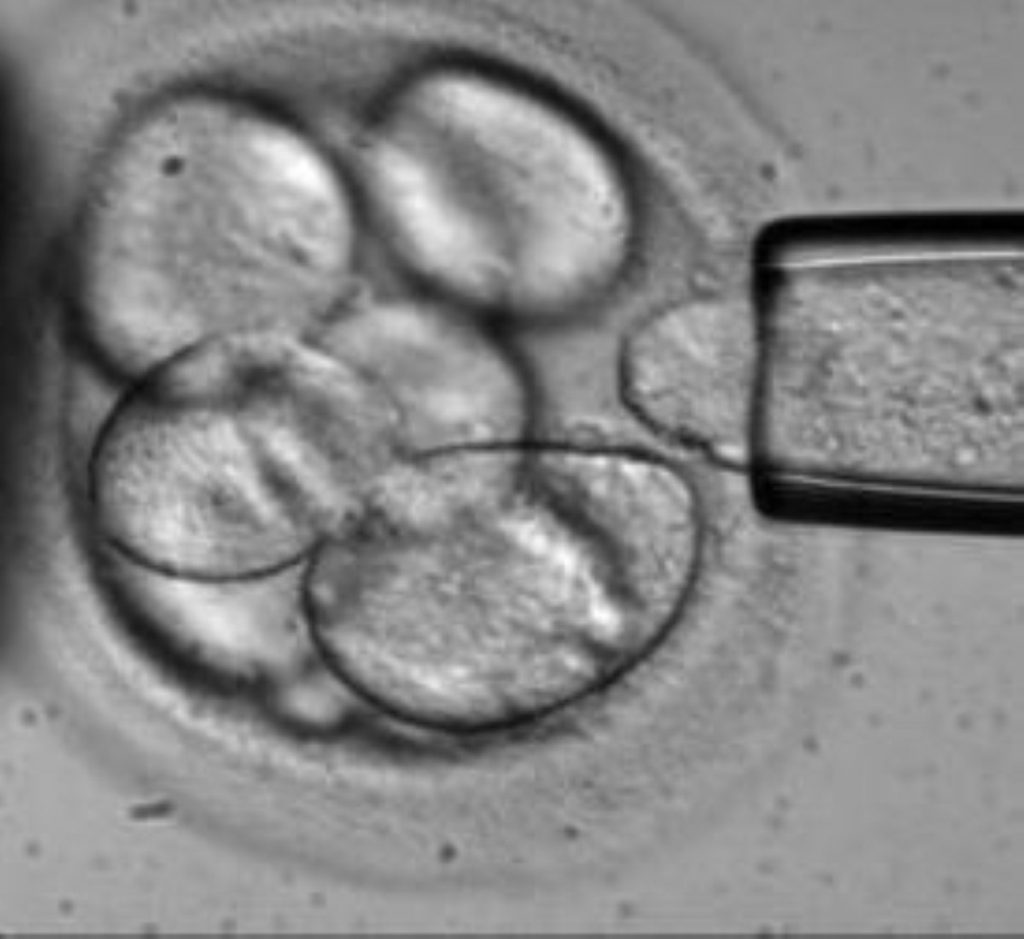Brown concedes free vote on part of embryo bill
Gordon Brown has promised Labour MPs a free vote on the most contentious parts of the controversial embryo bill.
The prime minister has said MPs will be given a free vote against the specific use of hybrid embryos, so-called ‘saviour siblings’ and IVF reform when the bill first enters the Commons.
He explained these are new issues and it was right MPs be granted a free vote in this instance.
But Mr Brown said it was right the government steers the human fertilisation and embryology bill through on its second and third reading, expected before the end of the parliamentary term.


This could result in Catholic ministers and MPs voting against the three specific measures but being whipped to accept the bill as a whole if a majority in the Commons votes for the reforms.
The partial concession to calls for conscience votes comes as religious leaders are warned not to inflame or distort the debate surrounding the use of hybrid embryos and other updates to fertility and embryology legislation.
After religious leaders used their Easter sermons to condemn the human fertilisation and embryology bill, leading scientists accused them of using “intentionally inflammatory” language.
The Conservative leader David Cameron, who has challenged Gordon Brown to put the bill to a free vote, also said it would be wrong for anyone to distort what the bill allows.
Among the bill’s most controversial sections is legal clarification allowing research on so-called hybrid embryos, where a human nucleus is inserted into an animal egg.
Under the terms of the bill, the resultant embryo could only be stored for a maximum of 14 days to produce stem cells for research and could not be implanted in either a human or animal uterus.
Scientists argue the use of animal eggs is necessary to compensate for a shortage of human donors and the resultant embryo would be 99 per cent human.
More than 200 leading medical and scientific charities have written to MPs urging them to support the legislation, which supporters argue could facilitate ground breaking scientific research, in the face of increasing religious opposition.
Labour MP Jim Devine, who is also a Catholic, said the Church was distorting the facts of the debate, however.
He argued the bill was not about “creating Frankenstein monsters” but looking at serious diseases and potential cures.
Mr Cameron also warned critics not to misrepresent the bill, arguing there was a danger of overstating the argument when it needs to be discussed calmly and reasonably in parliament.
He told Sky News: “My own view, and I think [that of] many people in the Conservative party, is we need to update the legislation. This sort of research is important. We all want to see diseases reduced and problems that children have, birth defects, dealt with.”
Dr Stephen Minger, director of the stem cell biology laboratory at King’s College, London, said religious leaders use using “intentionally inflammatory” language.
“You could perceive that they’re saying this out of real lack of understanding, or you could be more cynical and say they’re doing it to ratchet up tension,” he told the Guardian.
Professor Robin Lovell-Badge, head of the genetics division at the Medical Research Council’s National Institute For Medical Research, added: “Maybe there’s an awful lot in the bill that goes against the strict Roman Catholic view and it’s not just these mixtures of animal and human they object to.
“Perhaps they’ve decided that they’re going to focus on this one particular issue because they can use scary language like ‘creating monsters’ and make ground on this particular battle, when [other parts of the bill], like IVF treatment, are well accepted in the UK.”
Dr Minger and Professor Lovell-Badge will be among six scientists who have agreed to meet with MPs to discuss their concerns.









